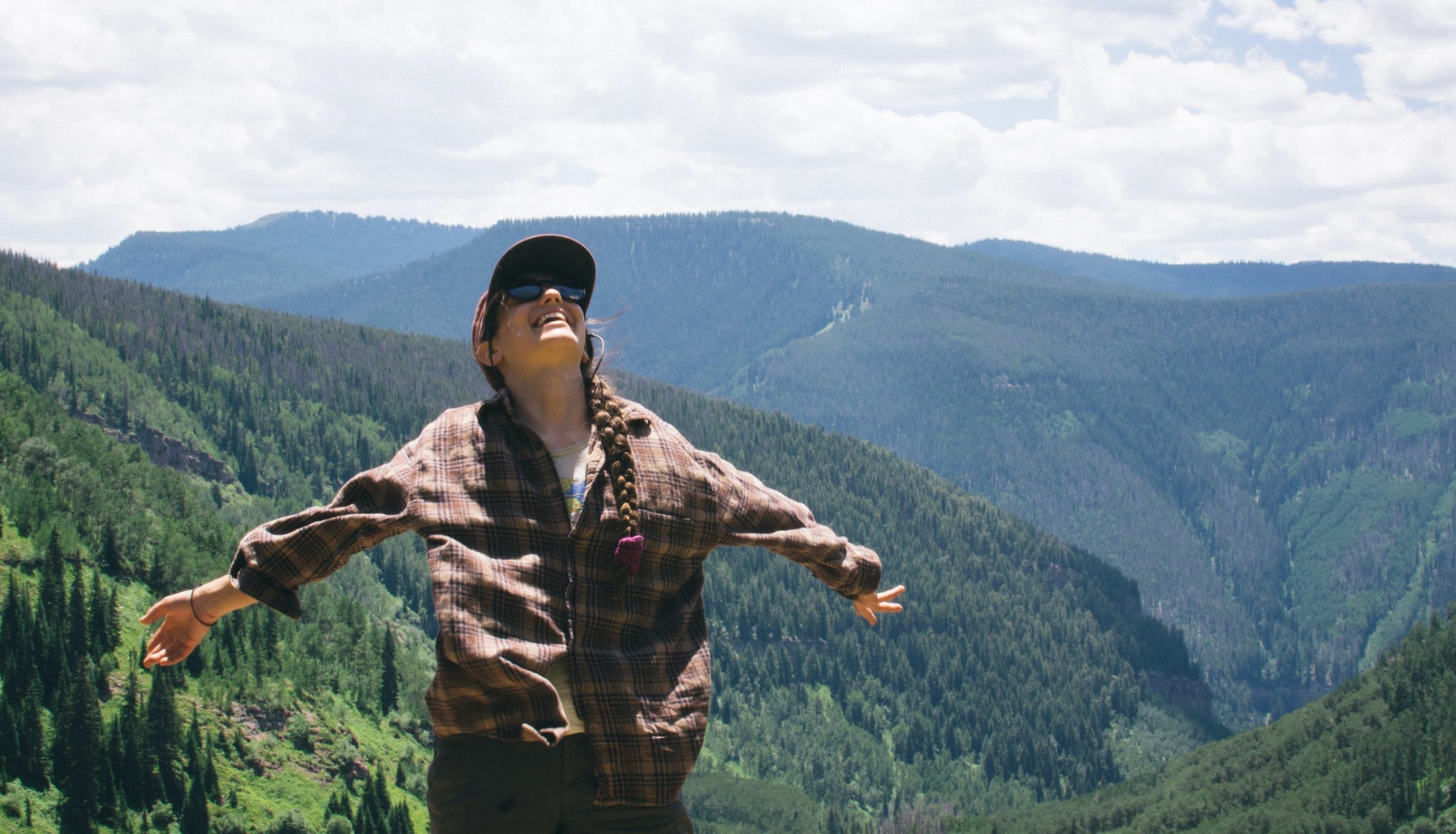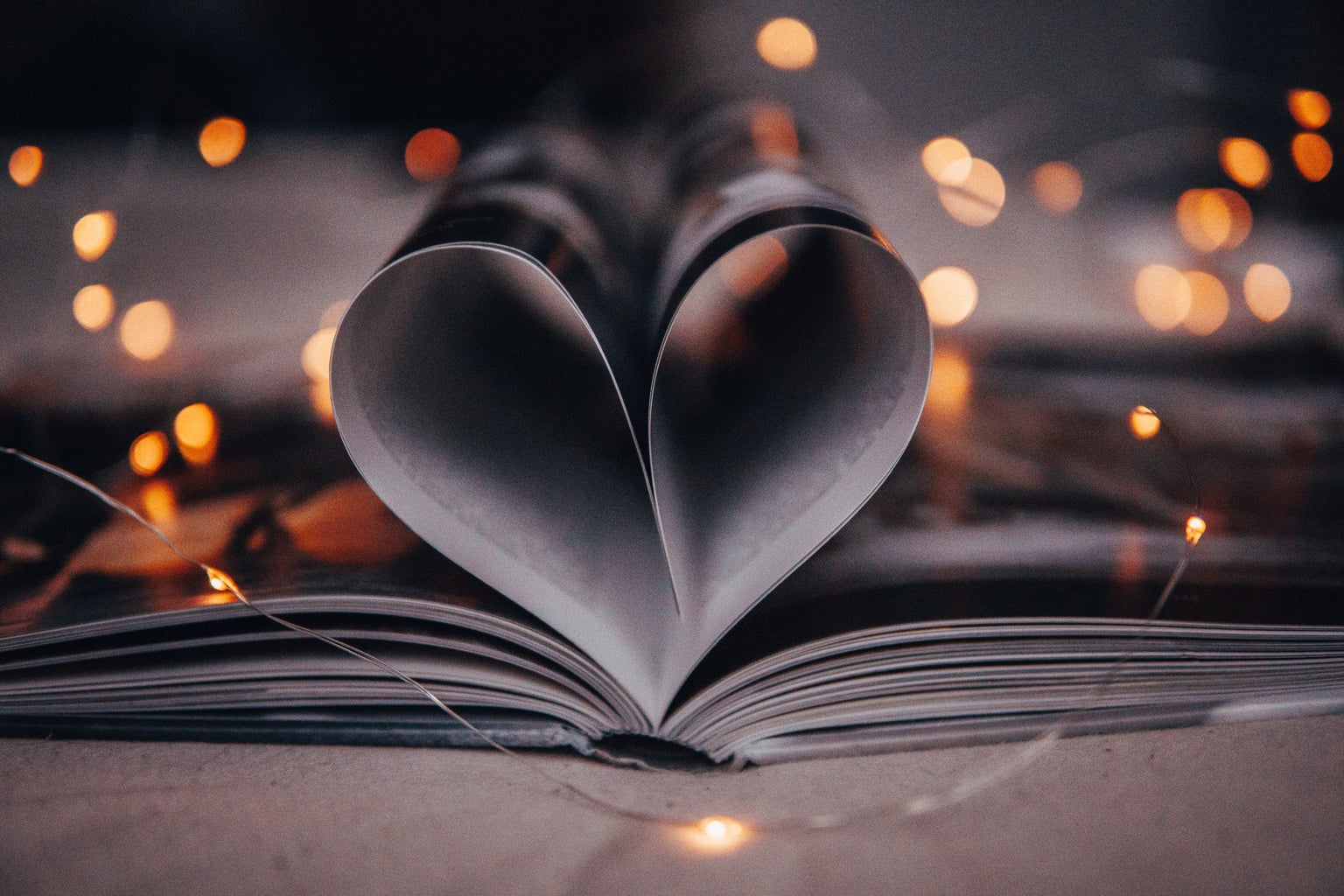Whenever I read a memoir, I find myself getting sucked into somebody else’s world. They mix the best storytelling features of fiction with the truths and lessons of nonfiction, and I eat it up every time. Narrowing down my list of my favourite memoirs was shockingly hard for me. Before I get onto my final list, a few memoirs deserve honourable mentions: Hillbilly Elegy by J.D. Vance, Brain on Fire by Susannah Cahalan, and A House in the Sky by Amanda Lindhout. Ultimately, the five memoirs below are ones that took hold of me for weeks and left me irreparably changed for the better.
1. Little Weirds by Jenny Slate (2019)
My copy of Little Weirds is highlighted, annotated, dog-eared, and covered in glitter gel pen doodles. I’ve lent it to friends so many times, I have no idea where it is now. But that’s okay, because Jenny Slate’s stories have stuck with me since my first read of Little Weirds. Her writing is as delightful as her standup comedy—silly, self-deprecating, and seriously weird in a way that sees you and accepts you for your own quirks. It invites you to eat a spoonful of jam straight from the jar and have faith that goodness exists everywhere. One of my favourite chapters details how Slate would like to be perceived… which is evidently as a freshly baked croissant in “the fancy part of France.” In other chapters, she writes about her fears and the universal desperation to feel loved. There’s no linear storyline here. Instead, Slate pens to you her innermost thoughts and funniest anecdotes as she pleases. Like life, it’s nonsensical, at times heartbreaking, and so much fun to read.
“As the image of myself becomes sharper in my brain and more precious, I feel less afraid that someone else will erase me by denying me love.”
Jenny Slate, Little Weirds
2. The Glass Castle by Jeannette Walls (2005)
TW: Sexual assault, Child abuse, Alcohol abuse.
The Glass Castle is a true story, but it has the imagination and narrative flow of any good drama. The child of two free spirits – an alcoholic genius and a reckless artist – Jeannette Walls faces unimaginable hardship growing up in various rural communities. Her nomadic family is deeply dysfunctional and seemingly determined to remain in abject poverty. What they are rich in, however, is hard-earned wisdom and story-telling ability. Walls and her siblings make new lives for themselves in New York City in spite of their circumstances, trailed by their ever-eccentric parents. Walls retells her worst memories with empathy and humour in a way that’s both entertaining and humbling to read. Her loyalty to her family cannot be understated; even when tasked with impossible circumstances time and time again, Walls never surrenders. Anybody who knows a thing or two about complicated family dynamics (so… pretty much everyone?) will be stirred by this emotional read. P.S. The movie is worth watching too!
“One time I saw a tiny Joshua tree sapling growing not too far from the old tree. I wanted to dig it up and replant it near our house. I told Mom that I would protect it from the wind and water it every day so that it could grow nice and tall and straight. Mom frowned at me. “You’d be destroying what makes it special,” she said. “It’s the Joshua tree’s struggle that gives it its beauty.”
Jeannette Walls, The Glass Castle
3. Wild by Cheryl Strayed (2012)
TW: Drug addiction, Child abuse, Domestic abuse.
If I could have dinner with anybody, I’d pick Cheryl Strayed. In 1995, she completed the entire Pacific Crest Trail in one hike, which consisted of 1100 miles, over the course of three months. It’s an immense physical challenge, which she writes about in edge-of-your-seat detail. Wild, however, is not the story of an athlete. Scenes from Strayed’s life before and during the trail are interwoven, painting the full picture of her as a grief-stricken young woman overcoming addiction, the loss of her mother, an unplanned pregnancy, and a recent divorce. Her hike is a march towards freedom and self forgiveness. While stretches of Wild are tragic, Strayed collects a thousand tiny triumphs that grow into an unstoppable force of hope. Strayed is an exceptional writer and I felt her emotions deeply through this memoir: love for the people she meets on and off the trail, awe of the wilderness she encounters on her journey, and fear of the very real dangers she faces along the way. I really can’t recommend Wild enough… and you can watch Reese Witherspoon play it on screen when you finish reading!
“I knew that if I allowed fear to overtake me, my journey was doomed. Fear, to a great extent, is born of a story we tell ourselves, and so I chose to tell myself a different story from the one women are told. I decided I was safe. I was strong. I was brave. Nothing could vanquish me.”
Cheryl Strayed, Wild

4. Tweak by Nic Sheff (2008)
TW: Drug Addiction, Mental illness.
I read Tweak front to back in one sitting, and then stewed about it over the course of several days. Sheff’s experience of substance abuse, recovery, relapse, and resilience is at times funny, but mostly harrowing. He is brutally honest, unromantic, and often unlikeable as he self-destructs over and over. Nothing in this memoir (including frequent marathon meth-sex) makes drug use seem appealing. This book made me examine the party culture we so heavily glamourize in media. It also uncovers an important truth: young or old, rich or poor, none of us are immune to addiction. The enduring power of love is what redeems Sheff’s story, and I came out of it with a newfound appreciation for the battle many face for sobriety. Here’s a not-so-fun fact: Nic Sheff is the real “Beautiful Boy” that Timothee Chalamet’s 2018 movie was based on.
“The thing is, though, every time I think I’m just gonna give up—that I can’t possibly do it, that I’m just going to curl up alone somewhere and waste away, well, I always keep trying. I mean, for some reason I manage to make it through another day and then another day after that.”
Nic Sheff, Tweak
5. Untamed by Glennon Doyle (2020)
TW: Drug Addiction, Eating Disorders, Sexual Assault, Homophobia, Suicide
If you’re reading Her Campus, you’re probably not the target audience of this self-help book/memoir. Untamed seems intended as a love letter sent (or a life vest thrown) to middle-aged women in empty marriages, dissatisfied with motherhood and their careers. Yet, reading it made me feel seen as a 20-something, struggling with uncertainty, shame, and finding my own identity. Glennon Doyle’s third book covers her entire life journey so far. It details how she went from a closeted teenager to a Christian mommy blogger, and ultimately to the multihyphenate she has become (writer-podcaster-activist-New York Times Bestseller?) Besides covering the challenges of parenting and marriage, Doyle dives into her struggles with mental health, which I found surprisingly relatable. Be warned: she spreads it on thick with Girl Boss mantras that border on cringe-worthy (unleash your inner cheetah…), but she’s so fearlessly earnest that it’s worth indulging in.
“The opposite of sensitive is not brave. It’s not brave to refuse to pay attention, to refuse to notice, to refuse to feel and know and imagine. The opposite of sensitive is insensitive, and that’s no badge of honor.”
Glennon Doyle, Untamed






